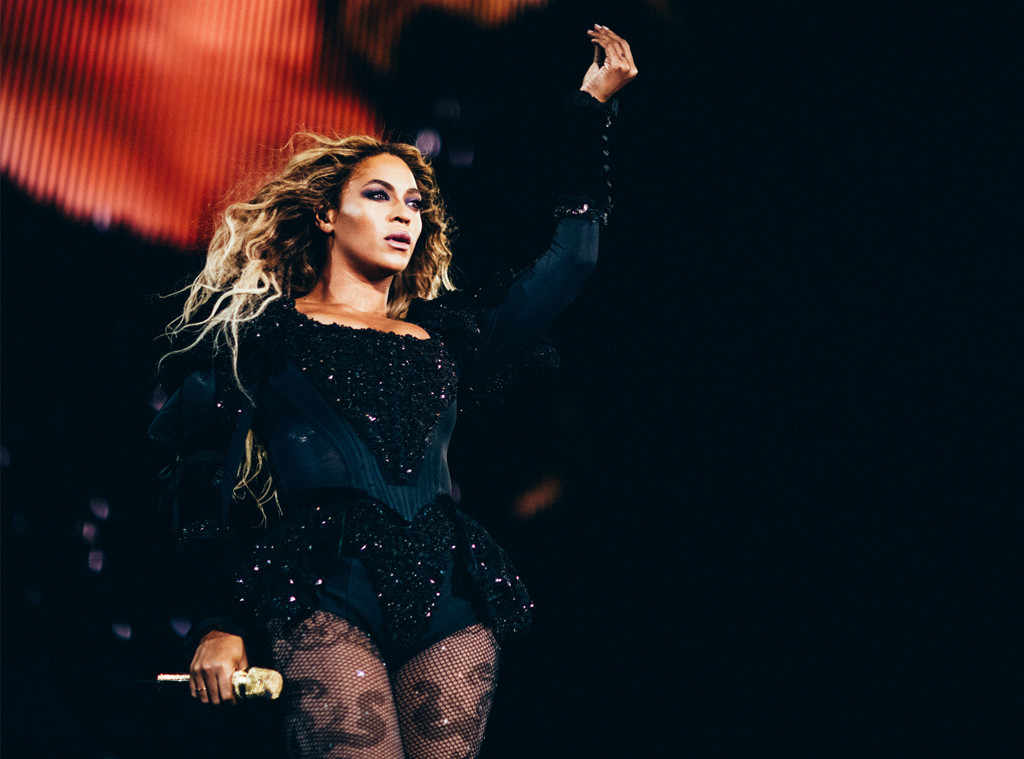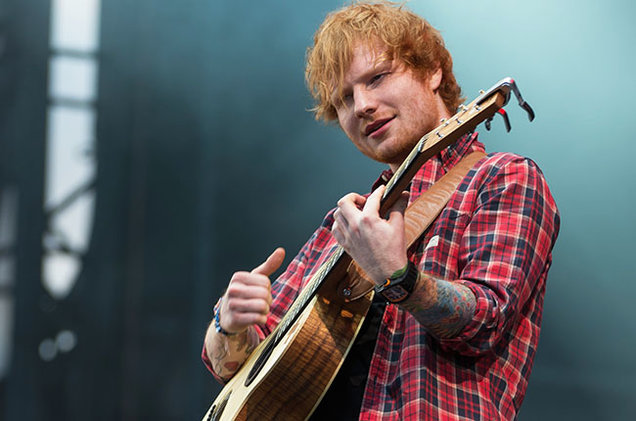Organisers Are Wary Of Holding Pop Concerts In Malaysia Amid Intolerance By Muslim Groups
Many local promoters have also moved outside of Malaysia due to the uncertain and challenging environment.
The past few years have been pretty turbulent for event promoters in Malaysia. The growing intolerance towards events that are deemed "un-Islamic" have led to unexpected cancellations... and that does not bode well for the industry.
Just recently, the annual Better Beer Festival was unexpectedly called off after failing to get approval from the Kuala Lumpur City Council (DBKL) following protests by the Pan-Malaysian Islamic Party (PAS). Shortly after, unfounded rumours of a gay party prompted the government to impose a travel ban on potential attendees of the aforementioned events.
Similarly, PAS has also filed an objection against the annual Oktoberfest beer festival, which is slated to be held in Petaling Jaya next month.
Several EDM festivals involving international and local artists, such as THIRST and KL Urban Music and Art Festival, have also had their permits revoked due to pressure from certain political quarters who claimed that such events contribute to the "moral decline of the Malay community".
In a report by Reuters, local event promoters revealed that organisers of pop concerts and other big events have grown increasingly wary about bringing international acts to Malaysia in light of recent and past events
Remember when Queen Bey cancelled her planned concert in Malaysia way back in 2009?
Image via 13thWitness/Invision for Parkwood Entertainment/AP ImagesAccording to the report, the promoters said that major music stars, especially those who are known for their provocative lyrics or revealing outfits, are unlikely to stop by Malaysia as part of their world tours.
"You have to be very careful about the type of acts you book and make sure you comply with all the rules and even then, there’s no guarantee it will be approved by the authorities," said Qisthina Razin, a representative of Malaysian events organisation, Freeform.
In the past, Beyonce cancelled her 2009 performance due to restrictions on wardrobe and dancing, while the permit for Kesha's 2013 concert was revoked at the very last minute despite the singer's efforts to comply with said restrictions. Fortunately for Selena Gomez and Adam Lambert, the show went on for both artists despite protests from religious groups.
In fact, Malaysia may not even be considered when organisers are planning itineraries for the artistes' global tours
Darren Choy, chairman of the Recording Industry Association of Malaysia, said that the growing intolerance towards events that are deemed an insult to Islam by Muslim groups are affecting "the overall attractiveness of Malaysia being a venue for artists, events or festivals to be held."
"With artists’ touring of Southeast Asia, Malaysia will not be the first choice for any act to tour. It may end up being the last to be considered, or not at all," Choy, who also heads the Malaysian unit of Warner Music, added.
While such concerns are not new, local promoters said that "the atmosphere has become particularly difficult in the past year", with some already moving out of Malaysia due to the challenging environment
"Malaysian producers are going to Singapore and Indonesia due to problems in Malaysia," said Rizal Kamal, vice president of Arts, Live, International Festivals and Events Association (ALIFE).
Ed Sheeran, one of the very few Western acts who will be performing in Malaysia this year.
Image via Ian Gavan / Getty ImagesWith the exception of Megadeth earlier this year and Ed Sheeran's upcoming concert in November, there have been no concerts by major Western acts in Malaysia this year. Even the Formula 1 Malaysian Grand Prix, the last F1 event to be held here, will not feature any major pop stars (unlike in the past years).
The report highlighted that this is not just about Malaysia's image to the outside world, pointing out that the increasing politicisation of Islam fails to acknowledge the country's cultural diversity, seeing as about 40% of the population is non-Muslim
PM Najib Razak, who has long promoted himself as a moderate Muslim leader and a key figure in the fight against Islamic extremism, has been called to task over the growing pressure to adopt a narrow interpretation of Islamic identity in Malaysia. The report notes that Najib has also remained largely silent in regards to the recent spate of religion-related incidents in the country.
A United Nations cultural rights expert also expressed concern at religious authorities' involvement in policy decisions, particularly when it involves culture and artistic freedom.


